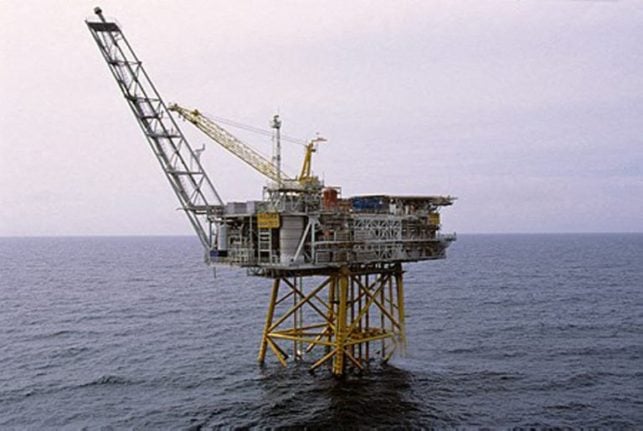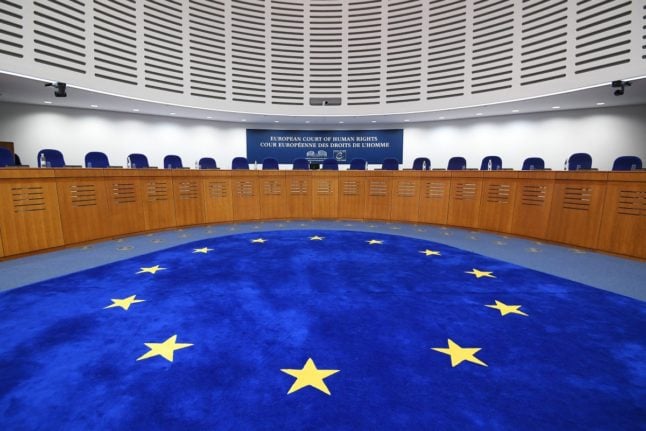The Nordic branch of Greenpeace and Natur og Ungdom, a Norwegian affiliate of Friends of the Earth, are challenging the government’s approval of the development of three new offshore oil and gas fields.
The court case opened just two days ahead of the UN’s crucial COP28 climate negotiations in Dubai.
“Norway should leave the oil where it is, but instead of that, the state is giving future generations the task of reducing (greenhouse gas) emissions even more and ever-growing climate dangers,” the head of Natur og Ungdom, Gina Gylver, told AFP.
“Children’s best interests are obviously that adults do not inflict extreme weather events, health problems, food shortages and refugee crises on them by pumping more oil than the climate can tolerate,” she said.
The two organisations have called for an immediate halt to the development of the fields, citing the Norwegian constitution which guarantees the right to a healthy environment, and the UN convention on the rights of the child.
“We hope the trial will put international pressure on Norway to commit to a fossil fuel phase-out at COP in Dubai,” said the head of Greenpeace Norway, Frode Pleym.
“Whilst Norway acknowledges the climate crisis, it throws gasoline on the fire by opening up new oil fields,” he said, calling the country “a climate hypocrite”.
Norway insists it is not violating any rights and says it must guarantee Europe’s energy supply, especially now that it has overtaken Russia as the continent’s biggest gas provider following the war in Ukraine.
“Given the position we find ourselves in today in the European energy system, especially since the war in Ukraine, it’s a good idea, I think, to prospect and develop a bit more on the Norwegian continental shelf for a few more years,” Climate and Environment Minister Andreas Bjelland Eriksen told AFP.
Asked whether the lawsuit was an embarrassment for Norway, especially coming at the same time as the COP28 talks, he replied: “That is part of the game when you are a country governed by rule of law and a democracy.”
Norway is Western Europe’s largest producer of oil and gas. Oil and gas production also makes up a significant portion of the countries emissions.
Norway’s economy is highly dependent on oil and gas. Revenues generated from oil and gas account for almost 20 percent of government spending. This makes Norway’s commitment to its economy and the climate a tight balancing act.
By 2030, Norway plans to cut its emissions by at least 55 percent compared to 1990 levels. The 2030 goal aims to try and prevent the worst effects of climate change.
An earlier report from the Norwegian Environment Agency identified 85 measures the country should adopt to try to reach its 2030 goal. Robbie Andrew, a senior researcher at the Center for International Climate Research (CICERO), has previously told The Local that the country would need to make “very sharp emissions cuts” year on year to achieve this goal.
Despite oil and gas production making up a large proportion of the country’s emissions, no government has signalled any intent to rapidly move away from all and gas. Andrew told The Local previously that anything other than a gradual shift from fossil fuels could cause issues for the country’s economy.
READ MORE: How can Norway be ready for the energy transition when it depends on oil?
The proceedings in the Oslo district court are expected to continue until December 6th.
In December 2020, Norway’s Supreme Court dismissed a previous lawsuit brought by Greenpeace and Natur og Ungdom which wanted the cancellation of 10 oil exploration licences awarded in 2016 in the Barents Sea in the Arctic.



 Please whitelist us to continue reading.
Please whitelist us to continue reading.
Member comments